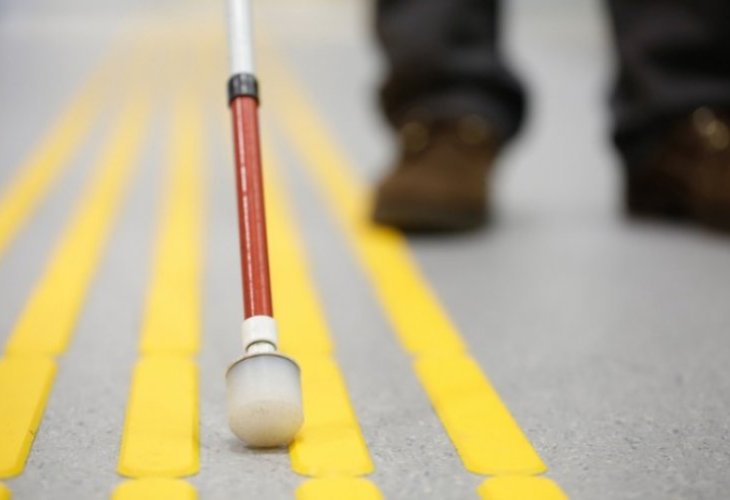Shabbat
"Without Shabbat, There's Nothing"
How Israeli singer Yehuda Masas reconnects with faith, family, and music every week—thanks to the gift of Shabbat

Shabbat, for me, is…
…The source of blessing. It’s quality time with my family and with Hashem. It’s a day unlike any other, a completely different vibe. If I’m working on one frequency all week, then Shabbat is like switching to a high-voltage, three-phase circuit. Without Shabbat, for me, there’s nothing. We work all week long, and at the end, the reward is waiting: Shabbat.
My Shabbat schedule...
I keep a checklist of what to prepare before Shabbat: hot plate, ironing, candles, the works. After we return from Friday night services, we sing the same zemirot (Shabbat songs) I grew up with in my father’s home. There’s also time to reflect on the past week.
On Shabbat morning we head to synagogue again. This year, it’s especially meaningful since just a few months ago, my father donated the Torah scroll we now read from. After davening, we have kiddush at the synagogue. Then I come home, finish preparing the meal, make kiddush, and, like the old saying goes, “Anyone who eats cholent on Shabbat deserves a nap.” So I sleep for about three hours. And mostly, I read, especially now, when Shabbat afternoon is so long.
My synagogue...
It’s a very special place. At first, you wouldn’t even know what nusach (prayer tradition) we’re using. I was one of ten people who helped start the minyan. Each of us spontaneously brought a different melody to the prayer service, from Ashkenazi and Jerusalem-style tunes to Ladino, Moroccan, and even local Israeli ones. It became this beautiful mosaic of musical traditions. One thing that unifies us is the Chabad siddur. Today, the minyan has grown to nearly 100 people from all backgrounds and communities.
My reading material...
Mostly focuses on the weekly Torah portion. I have several books on the parsha, including Shabbat Table Talks from Chabad. I also pick up all the Torah leaflets handed out in shul; they’re part of my Shabbat reading routine.
With the extended family...
Spending Shabbat with my parents is like entering a different world—more spiritual, more elevated. My father is truly remarkable. He was a close friend of the Baba Sali and served as a prayer leader. He’s a man of such deep faith it borders on total self-nullification. I admire his belief deeply. Before Shabbat dinner, he recites 40 minutes of Zohar and Leshem Yichud. On Shabbat itself, he wakes at 4:00 a.m. to learn Torah and is already in shul by 6:00. He spends most of the day learning. Add the special food to that, and what more could you need? Even the havdalah (the ceremony that marks the end of Shabbat) and post-Shabbat songs take two and a half hours, and I’m not exaggerating.
During the week I don’t usually do this, but on Shabbat...
…I feel truly alive (laughs). I mean it. Shabbat lets me live more deeply with my neshama yeteira (extra Shabbat soul) and my spiritual self.
When Shabbat ends, the first thing I do is...
Make havdalah, of course, separating between the sacred and the ordinary. That’s when I say goodbye to the neshama yeteira and immediately feel a certain emptiness. After that, I usually write and compose music. It’s a quiet time—no phones, no interruptions. Work doesn’t start again until

